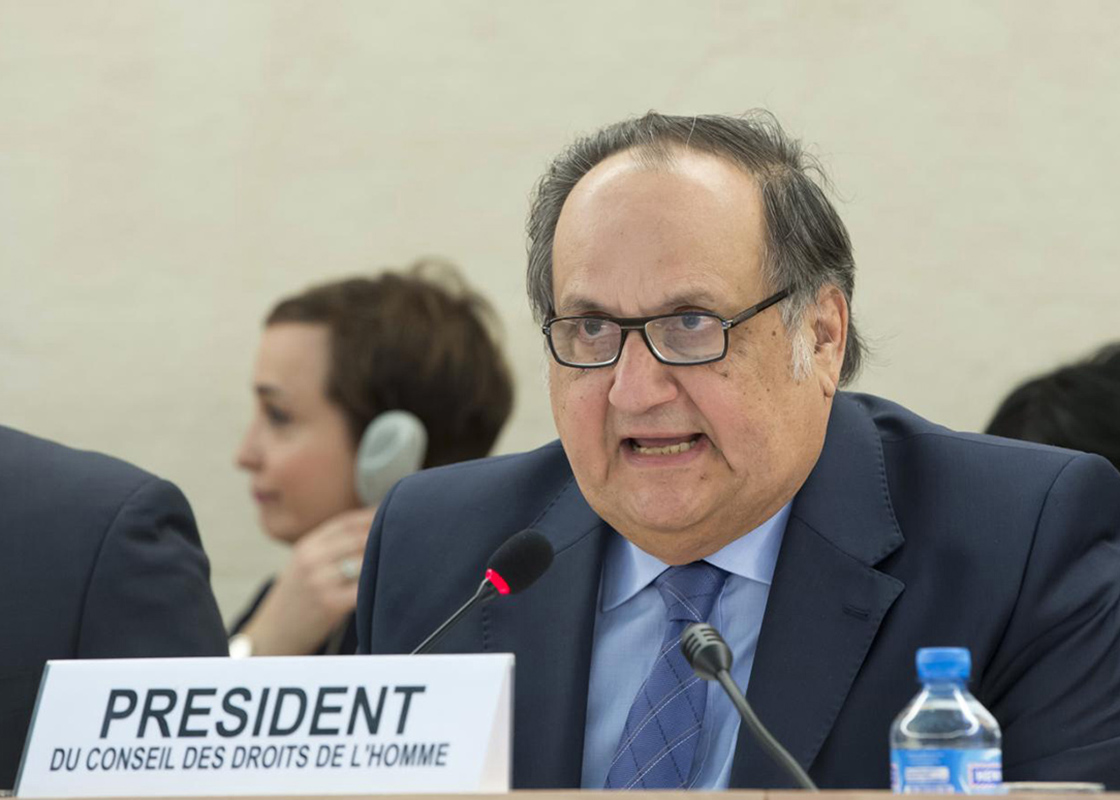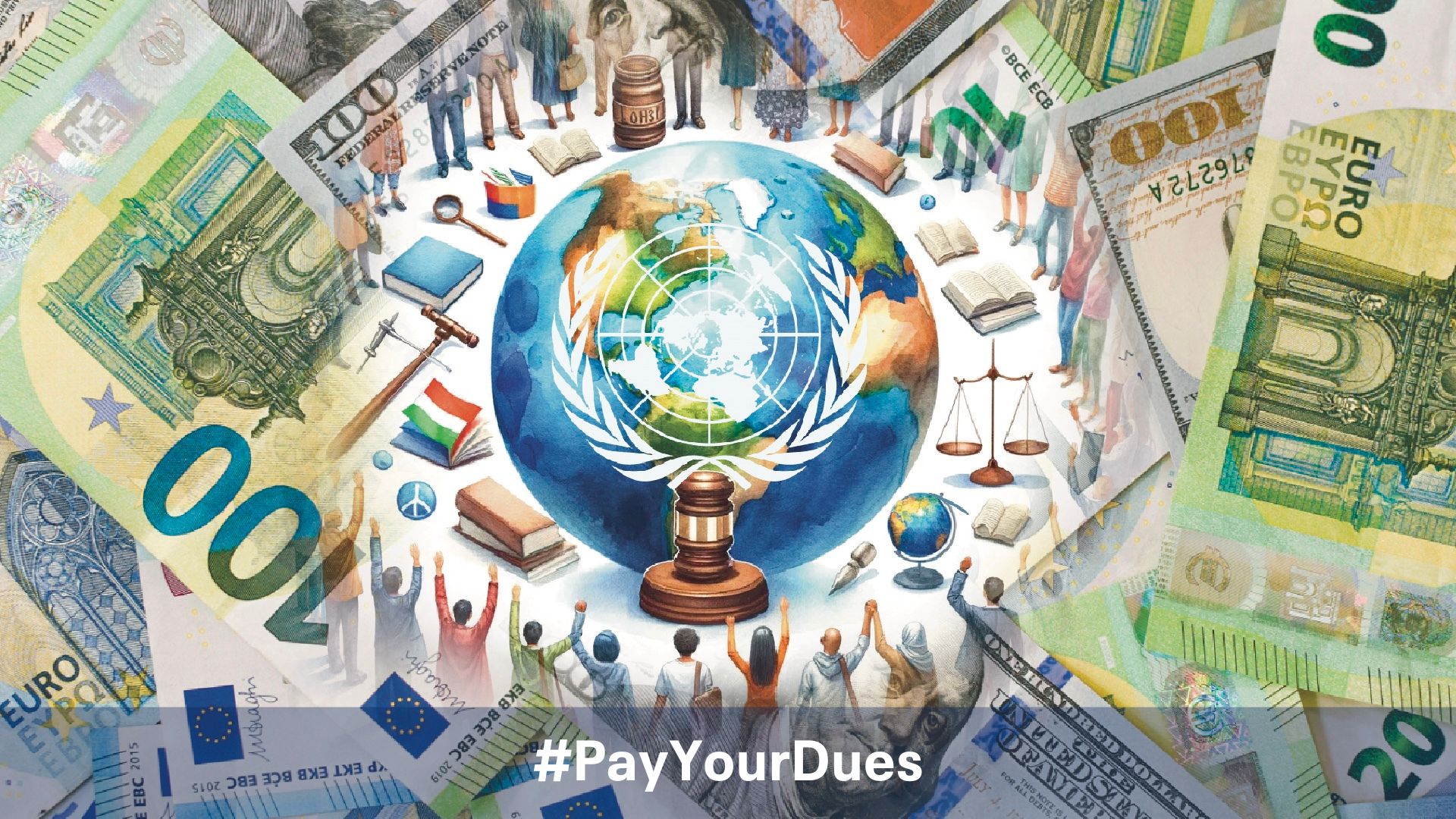The President of the Human Rights Council, Ambassador Joaquín Alexander Maza Martelli of El Salvador, presented the Third Committee with the report of the Council’s resolutions and decisions taken during the three sessions it has held during the year – in March, June, and September. During the presentation, he repeatedly stressed the importance of the Council’s work and the need to prevent and address reprisals against anyone either seeking to cooperate or cooperating with the UN system.
‘It is vital that those representing civil society and national human rights institutions have a safe space in which they can voice their concerns and interact with other stakeholders,’ said Martelli.
Several States, including Latvia, Switzerland, Germany, the Republic of Korea, and the United Kingdom, spoke up in a similar vein.
The Argentinian Ambassador highlighted the need to ensure that Special Procedures are protected and supported in their work. However, none of the States referenced the threats made against members of the Commission of Inquiry on Burundi during their dialogue with the Third Committee.
‘All UN independent experts should be secure in their work and States must speak up when they are threatened’, said ISHR’s Eleanor Openshaw. ‘When the threats are made during one of the UN’s primary human rights meetings, State silence is all the more shocking.’
In regard to the Council’s work over the last year, the President of the Council emphasised the creation or extension of the mandates of several bodies of independent experts – including on Burundi, Myanmar, the Syrian Arab Republic, South Sudan, the Democratic Republic of the Congo, and Yemen.
The Human Rights Council report is considered by the General Assembly plenary and before that – rather controversially – by the Third Committee. In recent years, a couple of specific Council resolutions have been objected to by UN General Assembly members. It is strongly hoped that this year the Human Rights Council report will be adopted by the General Assembly without a challenge.
Photo: Jean-Marc Ferré via UN Photos




